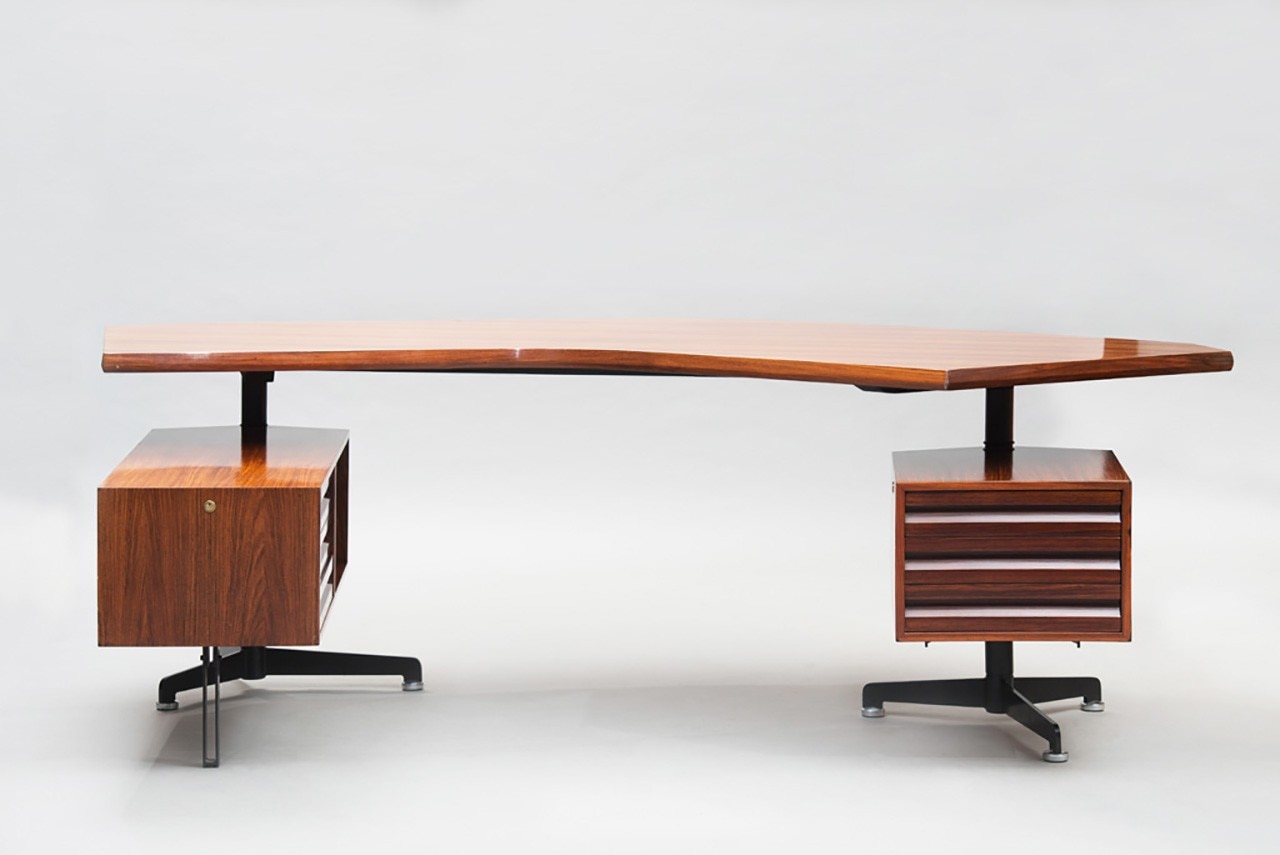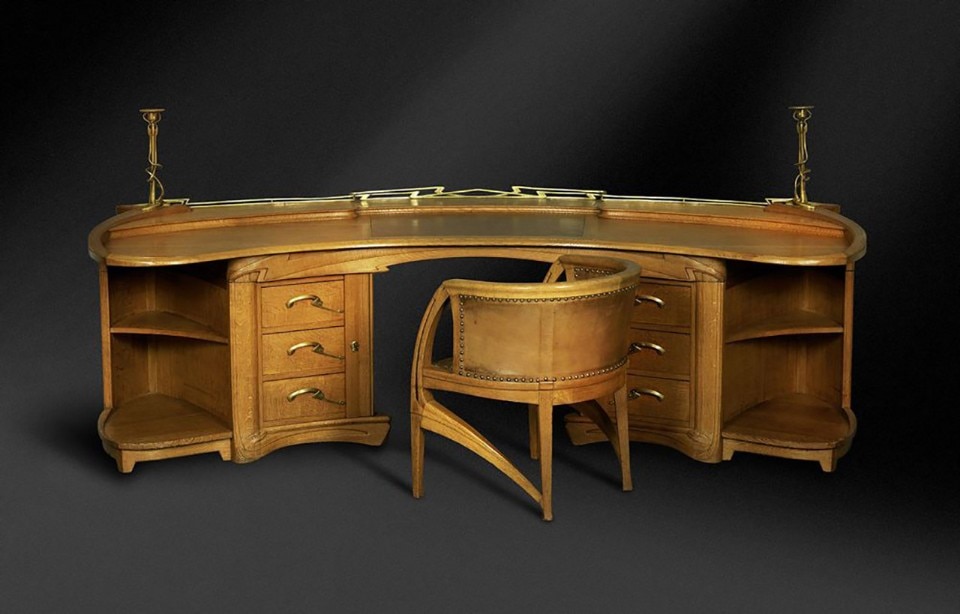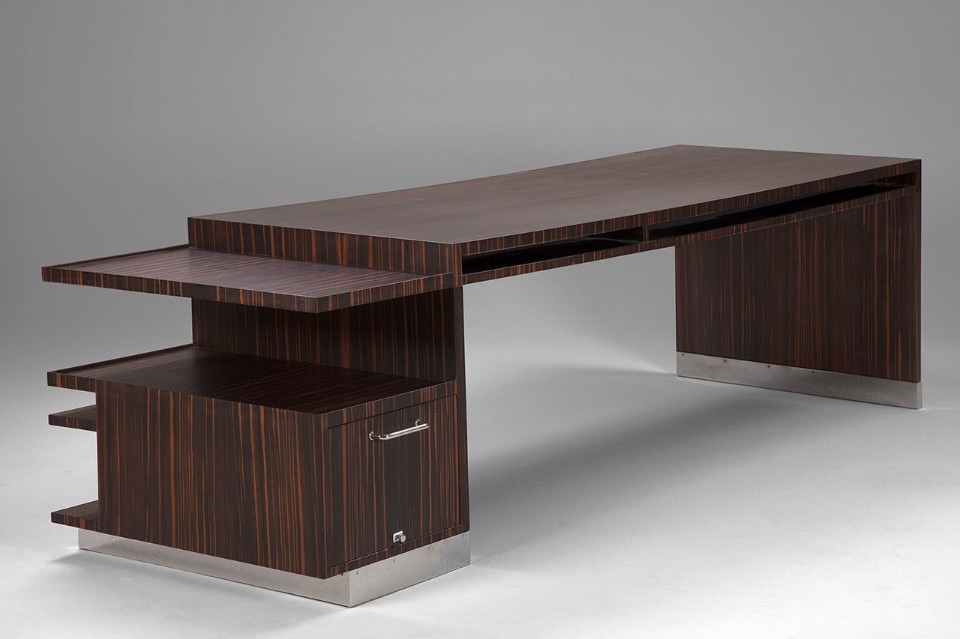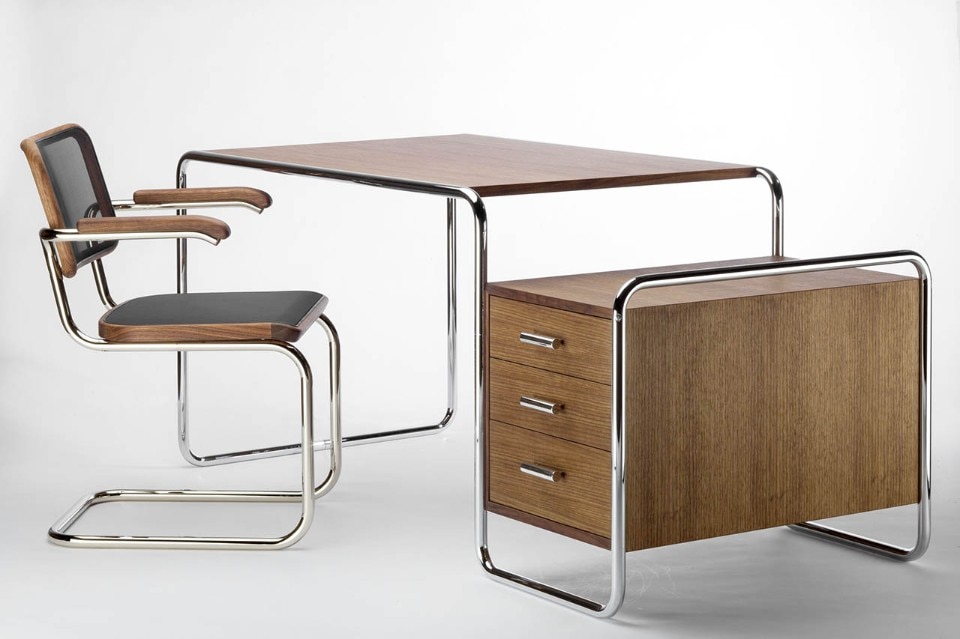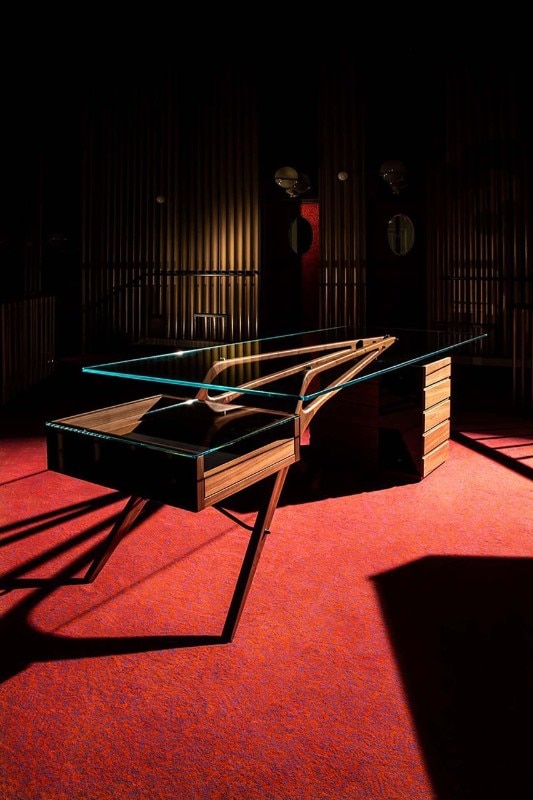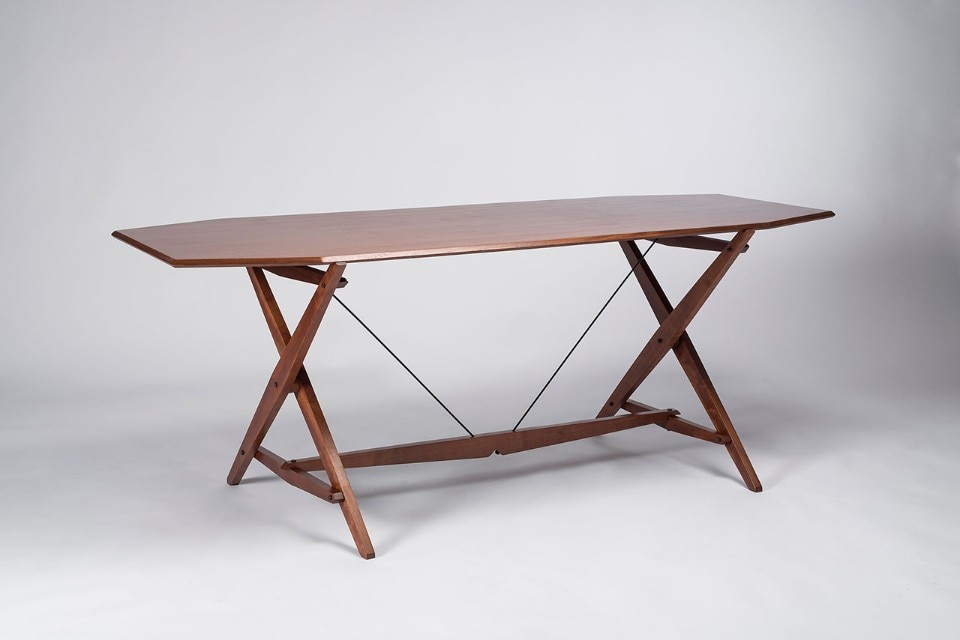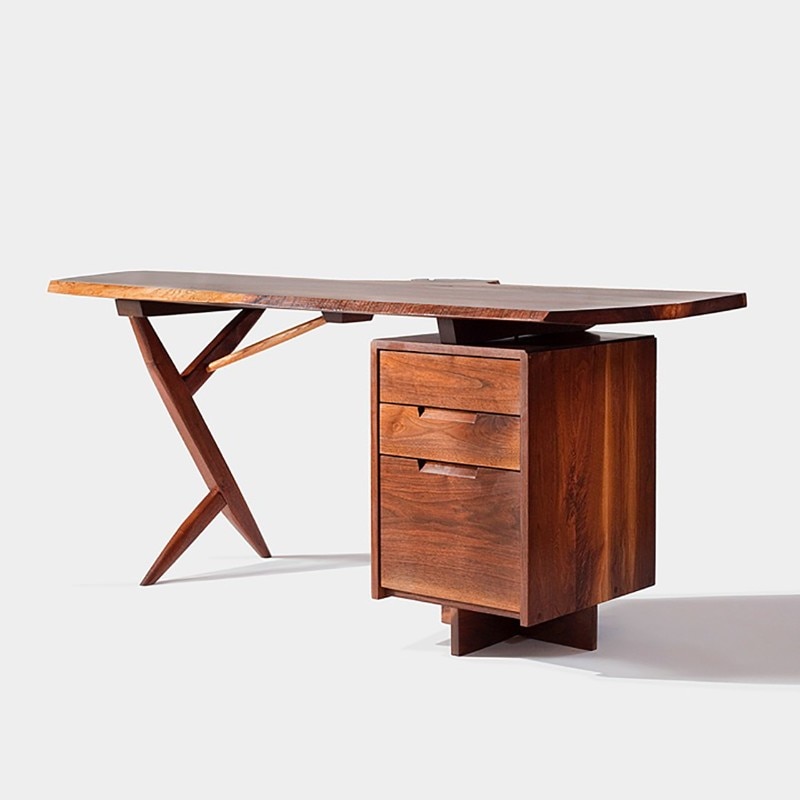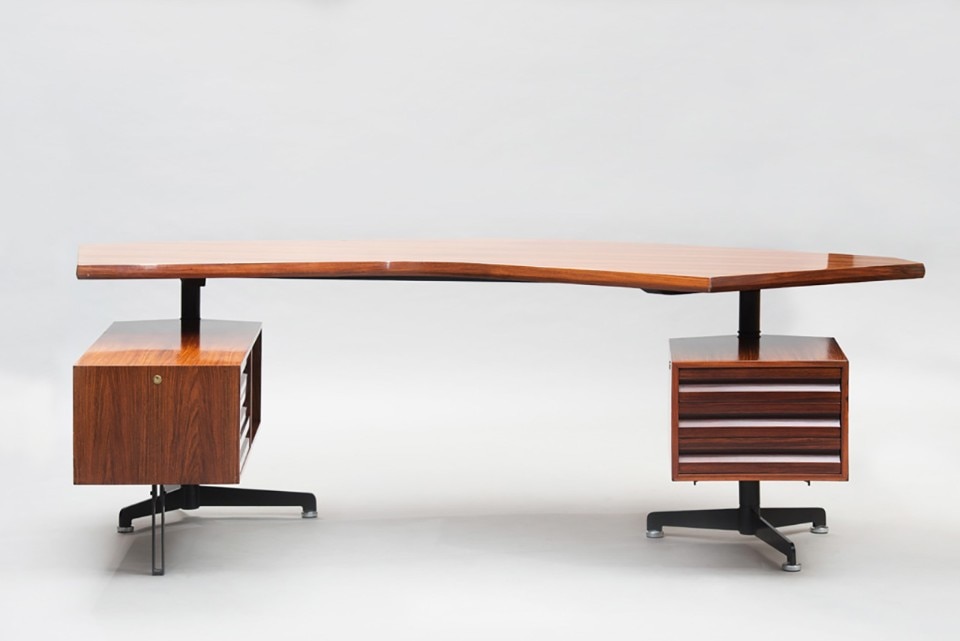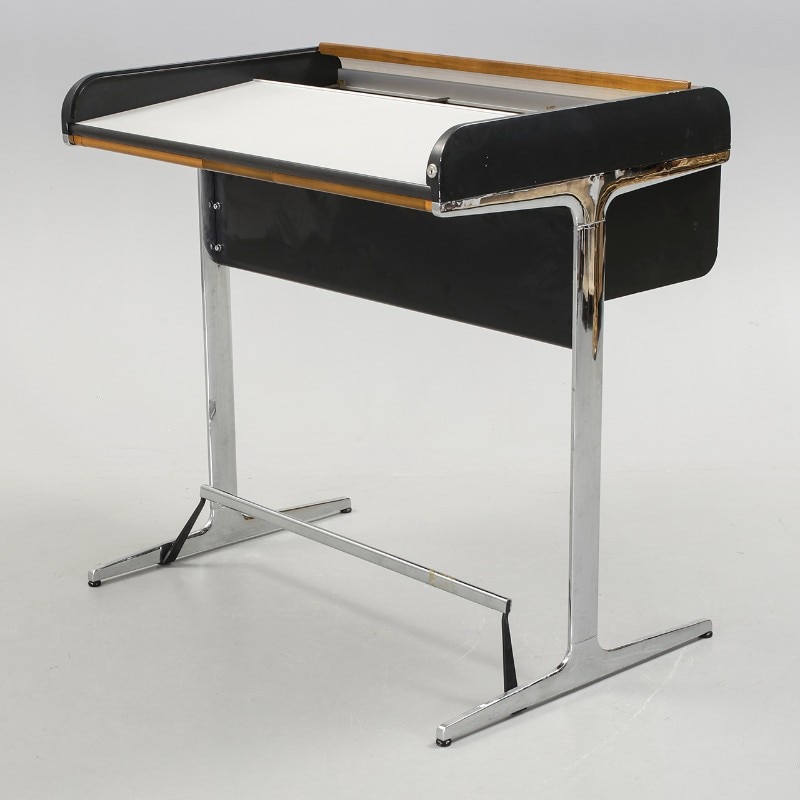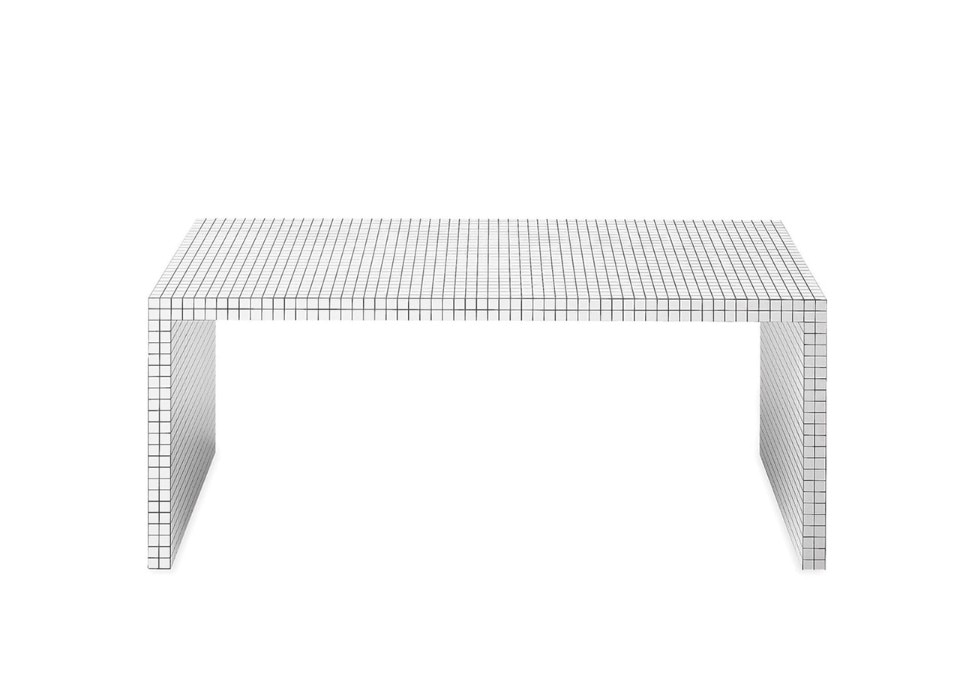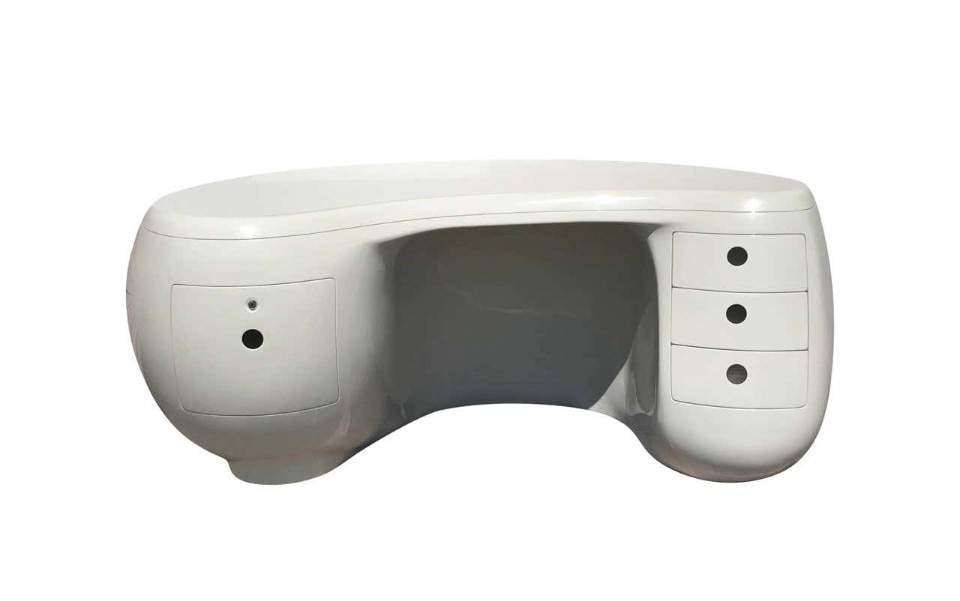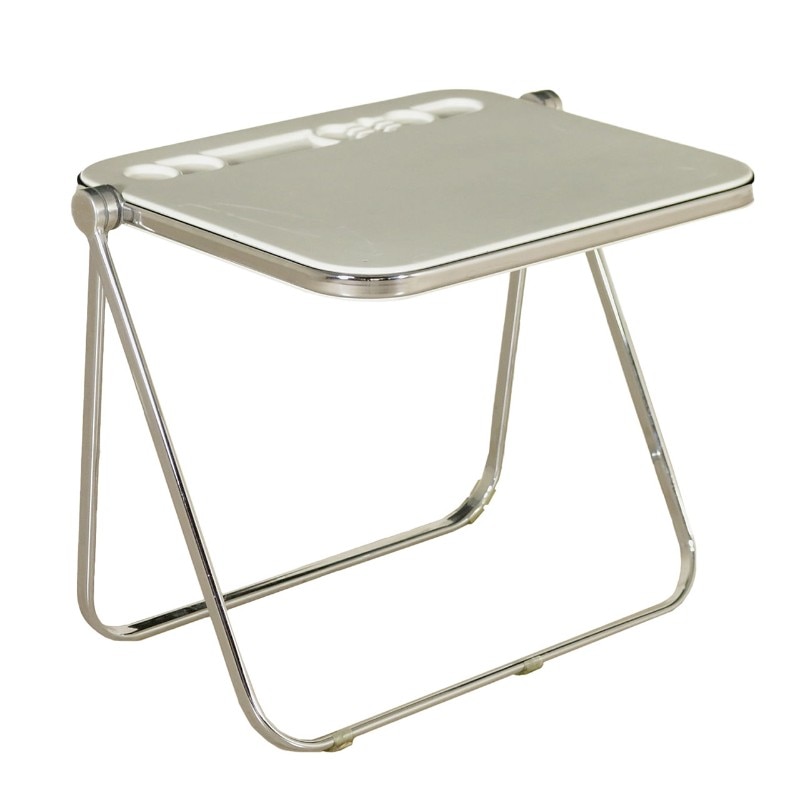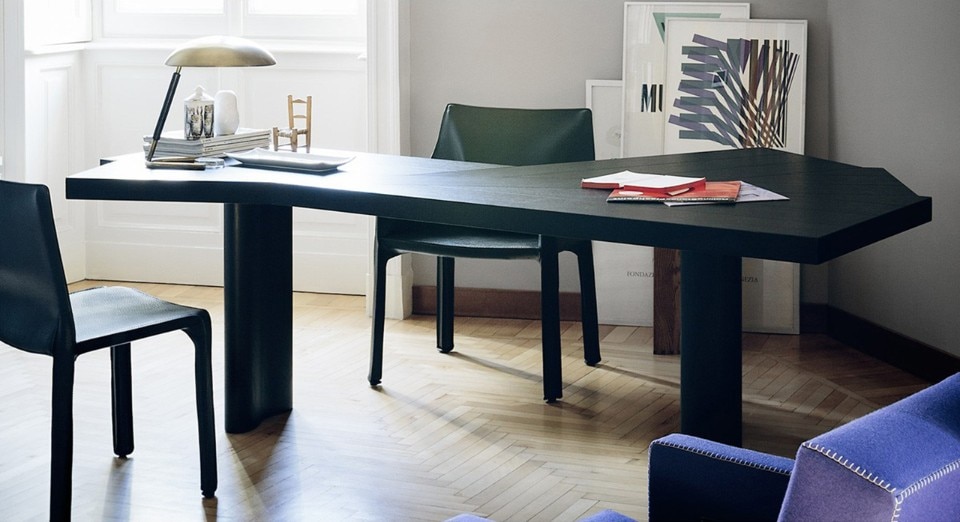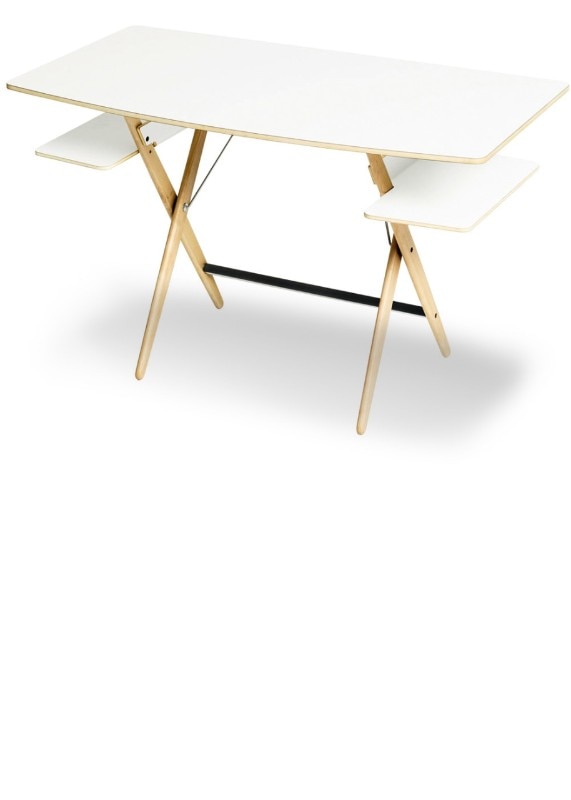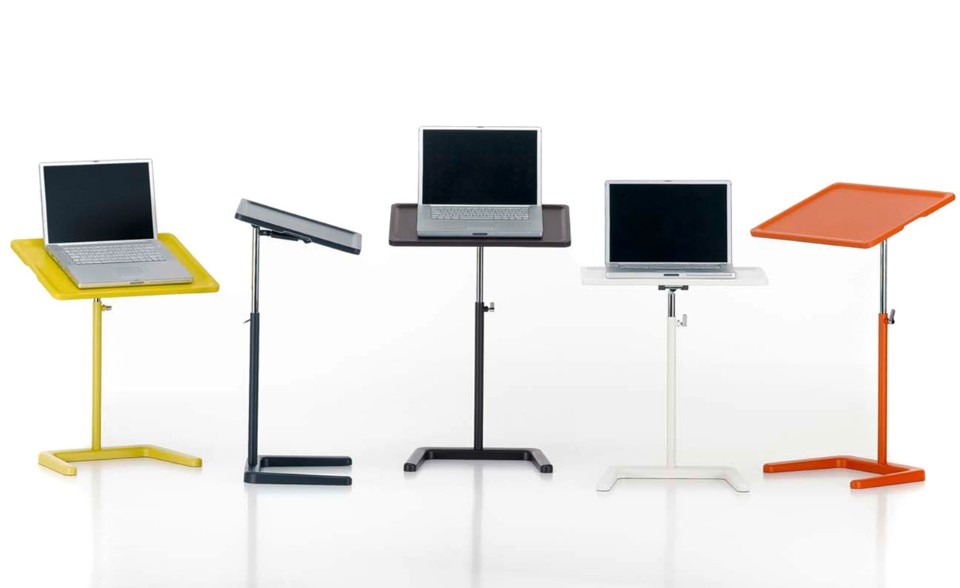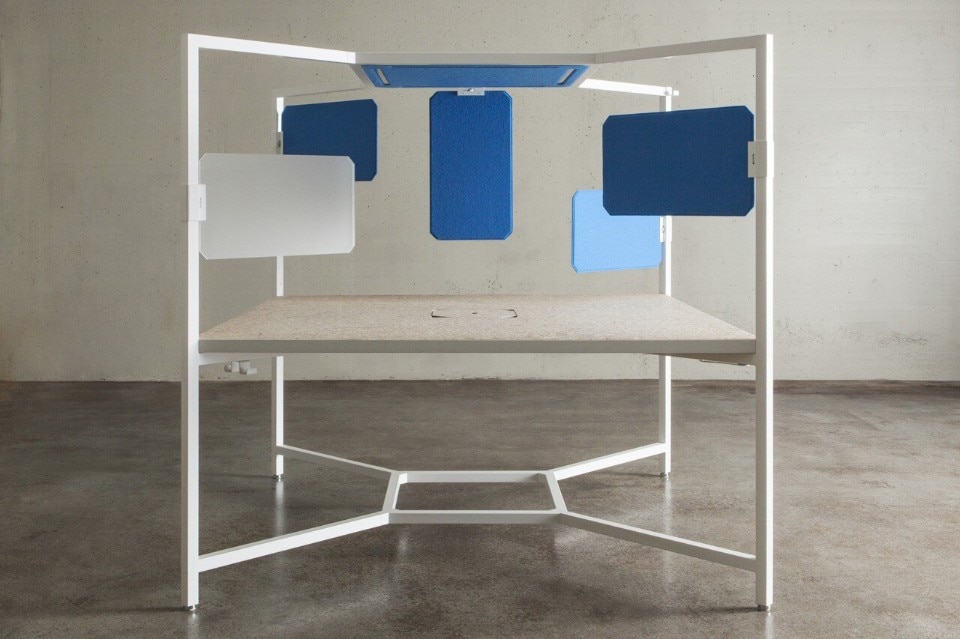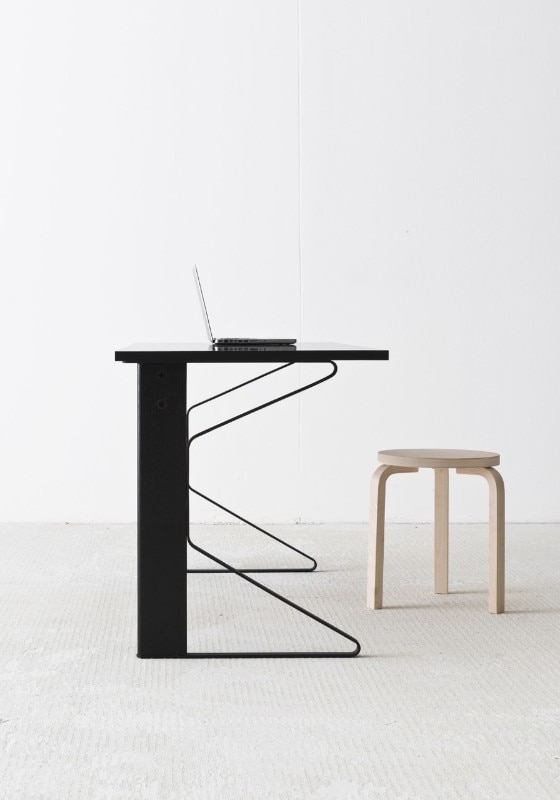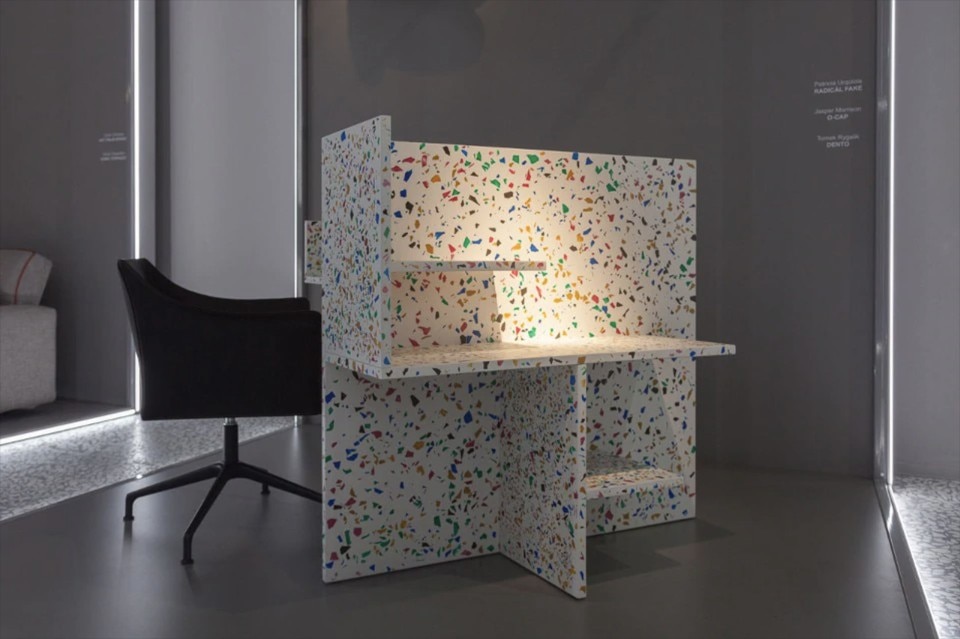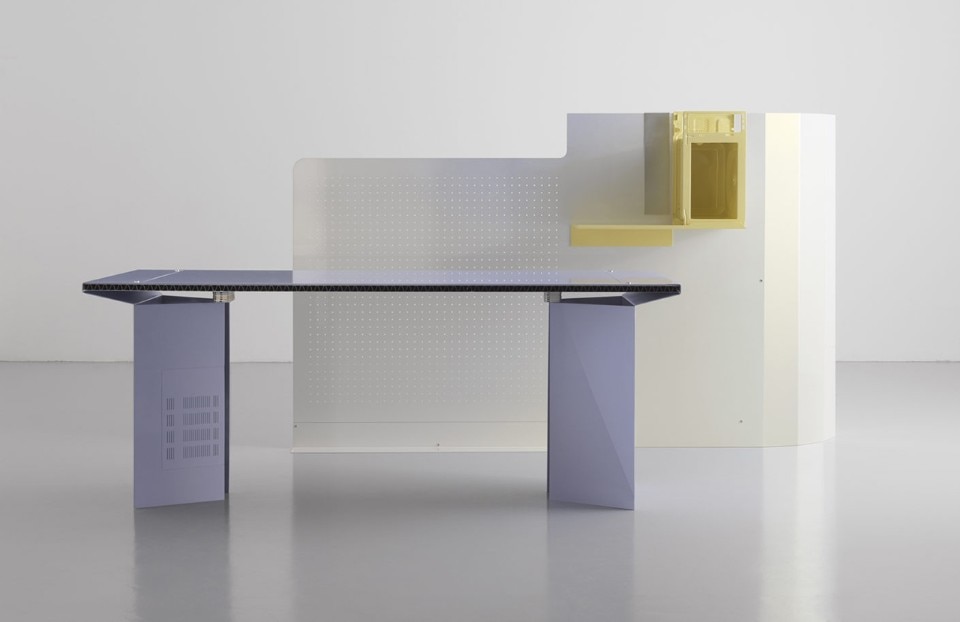Table, desk, dining table – how clearly defined is the boundary between these types of furniture? If it is true that the ever-growing fluidity between work and private life makes a distinction that previously felt obvious to us more and more flexible, it is also true that the vocation of the desk continues to be strictly linked to a specific function: writing and office life.
Like all the other types of furniture, the desk has marked the history of design by incorporating new styles and materials. Born as a wooden furniture soon equipped with drawers, it found in the Bauhaus movement a formal revolution that, freeing it from any frills, enhanced its linearity. With the rise of serial production, especially the American one, modularity turned the desk into a practical as well as cheerful piece of furniture. During the Italian post-war period, it reappeared in the homes of the bourgeoisie as an architectural structure, marked by strong aerodynamics and tensions between counterweights, while in the Pop era it did not hesitate to play around with plastic materials and important volumes.
Whether it be a desk intended for the office of to be used at home, strictly personal or to be shared with family or colleagues, the desk is a piece of furniture that changes according to its public or private, plural or singular nature. Yet, in recent years, we have surprisingly become accustomed to always reconsidering these assumptions. The traditional executive desk does no longer seem to have much of an impact in all those environments in which the organization of work has become horizontal: many people now feel that showing a hierarchical structure through furniture is outdated. The golden age of the open space has long favoured modular office desks, with or without partitions. Today, in the era of cloud computing, the desk seems to be undergoing a kind of dematerialization, which in some cases leads to a reincarnation in little workstations where you can only put your laptop. Unless, and only the home working experience will tell us, the desk reaffirms itself as an essential and personal space – a corner of recollection and calm.


